Inflation ends 2022 at record 54.1%
- Posted on
- Comment
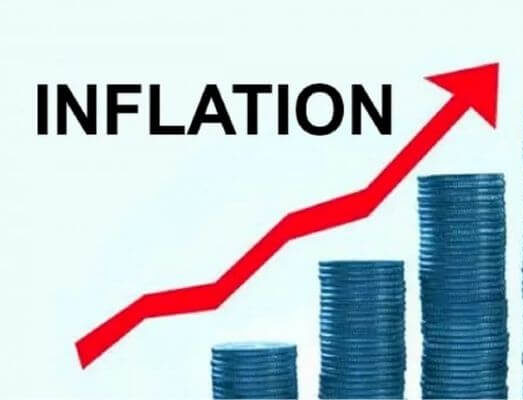
Inflation shot up by 3.8% to end 2022 at 54.1%, data from the Ghana Statistical Service (GSS) has revealed.
Despite a strong improvement in the value of the cedi and a reduction in the prices of petroleum products, the rate of inflation still went up in December 2022. This was due to steep increases in food, transport and housing costs.
However, the rate of increase in inflation slowdown.
The month-on-month inflation rate stood at 3.8% in December 2022.
According to the figures, five divisions recorded inflation rates higher than the national average.
They were Housing, Water, Electricity, Gas and Other Fuels (82.34%); Furnishings, Household Equipment (71.52%); Transport (71.42%); Personal Care, Social Protection and Miscellaneous Goods and Services (60.94%) and Food and Non-Alcoholic Beverages (59.71%).
Whilst Food inflation went up by 4.4% in December 2022, Non-Food Inflation went up to 49.9% in December 2022, from 46.5% in November 2022.
Inflation for locally produced items was 51.1% and inflation for imported items was 61.9%.
Eight sub-classes registered inflation rates higher than the food inflation average. They included Water (94.2%), Fruit and Vegetable Juices (84.6%), Milk, Other Dairy Products and Eggs (82.2%) and Tea, Mate and Other Plant Products for Infusion (77.7%).
The slow down in the December inflation means the Bank of Ghana is expected to keep the policy rate unchanged at 27%.
However, lending rates are expected to reman high at an average of about 31%.
Greater Accra records highest inflation of 66.7%
For the regions, the Greater Accra region recorded the highest inflation of 66.7%. It was followed by Eastern region (64.1%) and Bono region (60.3%)
The region with the lowest inflation rate was the Volta region with a rate of 35.6%.
-Joy
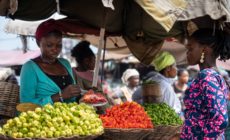
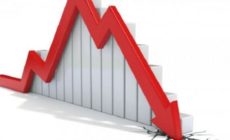
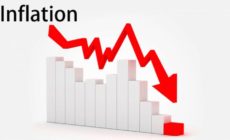
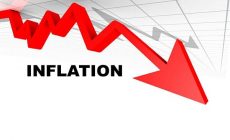






 (Selorm) |
(Selorm) |  (Nana Kwesi)
(Nana Kwesi)